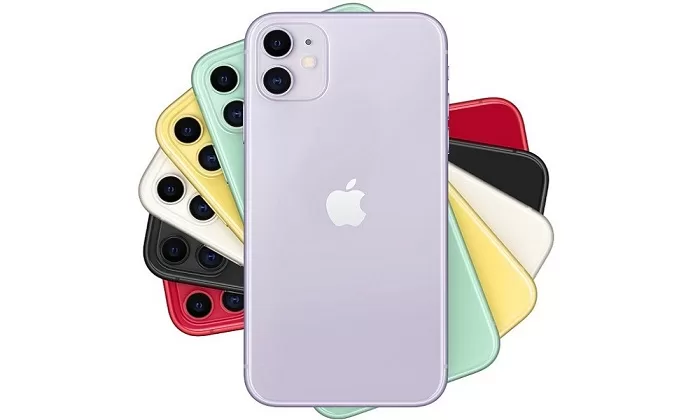Title: Mobile Phones: The Digital Lifeline of Our Modern World
Introduction: In a world where connectivity and convenience reign supreme, mobile phones have emerged as an inseparable part of our daily lives. From humble beginnings as bulky communication devices to the sleek, feature-packed smartphones of today, mobile phones have undergone a revolutionary transformation. Let us embark on a journey through the evolution, impact, and significance of mobile phones, exploring how these pocket-sized wonders have become an indispensable lifeline in our modern world.
The Evolution of Mobile Phones: The first mobile phone call was made in 1973 when Martin Cooper, an engineer at Motorola, used a handheld device to make a call in New York City. These early mobile phones were heavy, brick-like devices with limited functionality. Over the years, advancements in technology led to the introduction of flip phones, slide phones, and eventually, the birth of smartphones.
The Era of Smartphones: The 21st century brought about a paradigm shift with the advent of smartphones. Pioneered by companies like Apple, Samsung, and Google, smartphones combined communication, computing, and entertainment capabilities into a single device. Touchscreen interfaces, high-resolution displays, and powerful processors transformed how we interact with technology.
Connectivity at Our Fingertips: Mobile phones have revolutionized the way we communicate. Instant messaging apps, social media platforms, and video calling services enable us to stay connected with friends, family, and colleagues, regardless of geographical boundaries. The world has become a global village, and mobile phones act as our digital passports to this interconnected realm.
Empowering Access to Information: With mobile phones in hand, we carry a wealth of information wherever we go. The internet is at our fingertips, offering access to a vast repository of knowledge, news, and resources. Mobile apps cater to our diverse needs, from online banking to e-learning platforms, enabling us to manage our lives efficiently.
Mobile Phones: Catalysts for Change: Mobile phones have played a pivotal role in societal transformations. They have been instrumental in driving activism, spreading awareness, and catalyzing social change. From revolutions to relief efforts during disasters, mobile phones have emerged as powerful tools for social impact and humanitarian aid.
Enhancing Productivity and Efficiency: In the realm of work and productivity, mobile phones have become indispensable. Professionals rely on their smartphones to manage emails, schedule appointments, and collaborate on projects. Mobile productivity apps keep us organized and efficient, turning every spare moment into an opportunity for progress.
Entertainment on Demand: Gone are the days of carrying separate devices for music, gaming, and photography. Smartphones have consolidated our entertainment needs into a single device. We can stream movies, play games, capture memories through high-quality cameras, and even indulge in augmented reality experiences, all within the confines of our mobile screens.
The Future of Mobile Phones: As technology continues to evolve, so will mobile phones. We can expect even more sophisticated artificial intelligence, augmented reality, and 5G connectivity, further enhancing our mobile experiences. Foldable displays, longer battery life, and seamless integration with the Internet of Things (IoT) are likely to be key features of the smartphones of tomorrow.
Conclusion: Mobile phones have transcended their original purpose as communication devices, evolving into multi functional tools that enrich and simplify our lives. They have become an integral part of our identity, shaping how we interact with the world and each other. As we step into the future, mobile phones will continue to be at the forefront of technological innovation, continuously adapting to meet our ever-changing needs. These digital companions are here to stay, acting as our constant link to an interconnected, information-rich, and ever-evolving modern world.

Comments
Post a Comment